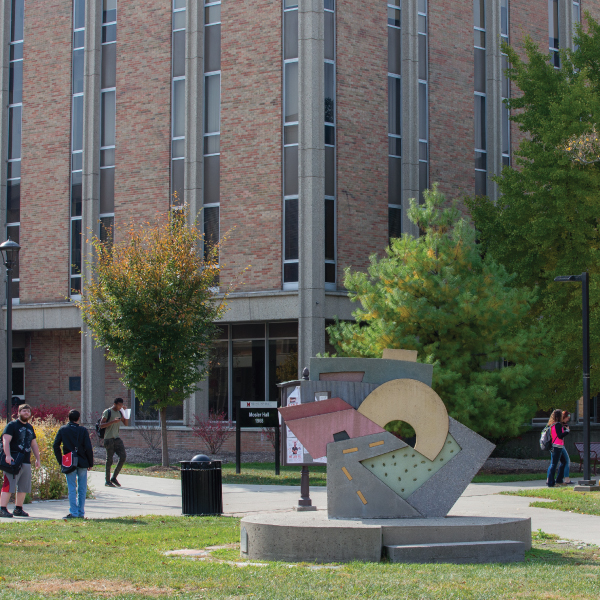A.A.S. Computer Technology (Continuation Option)
If you wish to earn an associate degree at the regional campuses and ultimately obtain a bachelor's degree in one of three computing programs that can be completed at the Oxford campus, this major is for you. You can complete an A.A.S. by taking approximately half of the courses for a bachelor's degree in one of the following majors: Computer Science, Software Engineering, or Computer Engineering. After earning the A.A.S. you may relocate to the Oxford campus and continue with junior standing.


